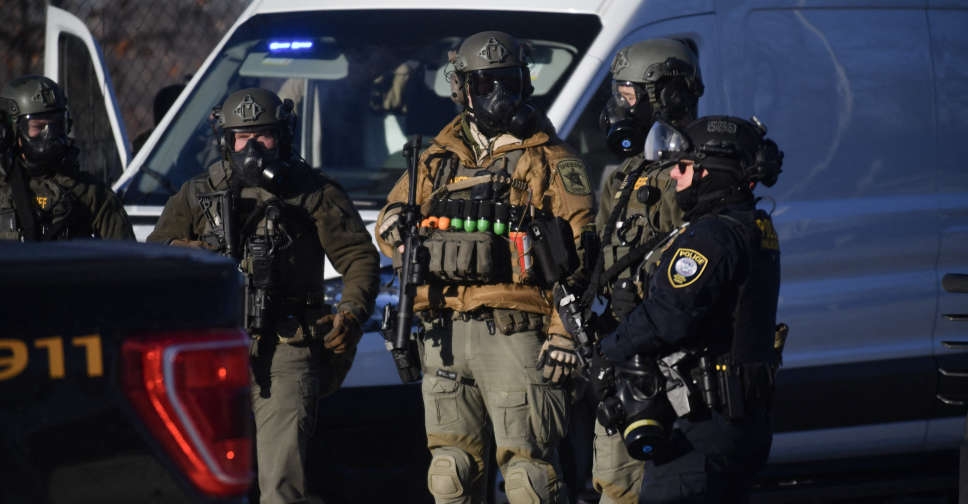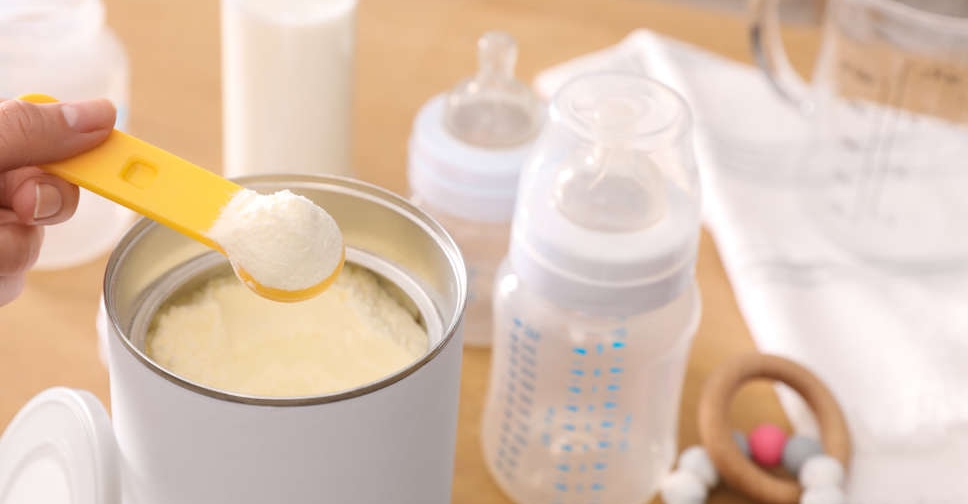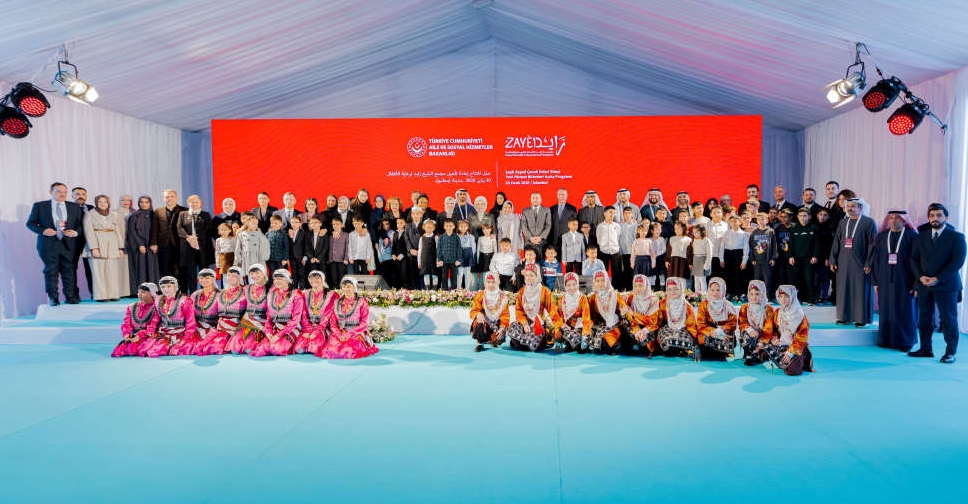
At least 14 people were killed and 102 are missing after heavy rains caused a Himalayan glacial lake in northeast India to burst its banks, and rescuers were being hampered by washed out bridges and fast flowing rivers, said officials on Thursday.
The Lhonak lake in Sikkim state burst its banks on Wednesday causing major flooding, which authorities said had impacted the lives of 22,000 people. It is the latest deadly weather event in South Asia's mountains being blamed on climate change.
"The search operations are being undertaken under conditions of incessant rains, fast-flowing water in Teesta river, roads and bridges washed away at many places," a defence spokesperson said.
As of early Thursday, the state disaster management agency said 26 people were injured and 102 were missing, 22 of which were army personnel. Eleven bridges had been washed away.
Video footage from the ANI news agency showed flood waters surging into built-up areas where several houses collapsed, army bases and other facilities were damaged and vehicles submerged.
Satellite imagery showed that nearly two-third of the lake seems to have been drained.
The weather department warned of landslides and disruption to flights as more rain is expected over the next two days in parts of Sikkim and neighbouring states. Sikkim was cut off from Siliguri in West Bengal as the main highway had collapsed.
G T Dhungel, a member of the Sikkim Legislative Assembly told Reuters that petrol and diesel had already become scarce in state capital Gangtok but food was easily available.
A cloudburst dropped a huge amount of rain over a short period on the Lhonak glacial lake on Wednesday, triggering flash floods down the Teesta valley, about 150 km north of Gangtok near the border with China.
A 2020 report by India's National Disaster Management Agency said glacial lakes are growing and pose a potentially large risk to downstream infrastructure and life as the glaciers in Himalayas are in a retreating phase due to climate change.
"Sadly, this is the latest in a series of deadly flash floods that ricocheted across the Hindu Kush-Himalayan region this monsoon, bringing the reality of this region's extreme vulnerability to climate change all too vividly alive," said Pema Gyamtsho, director general of the Nepal-based International Centre for Integrated Mountain Development.
Other mountainous areas of India, as well as parts of neighbouring Pakistan and Nepal have been hit by torrential rains, flooding and landslides in recent months, killing scores of people.




 Israeli strikes kill 26 in Gaza, health officials say
Israeli strikes kill 26 in Gaza, health officials say
 US government starts likely brief shutdown as House fails to approve deal
US government starts likely brief shutdown as House fails to approve deal
 Thousands demonstrate in Minnesota and across US to protest ICE
Thousands demonstrate in Minnesota and across US to protest ICE
 France tightens infant milk rules after recalls
France tightens infant milk rules after recalls



